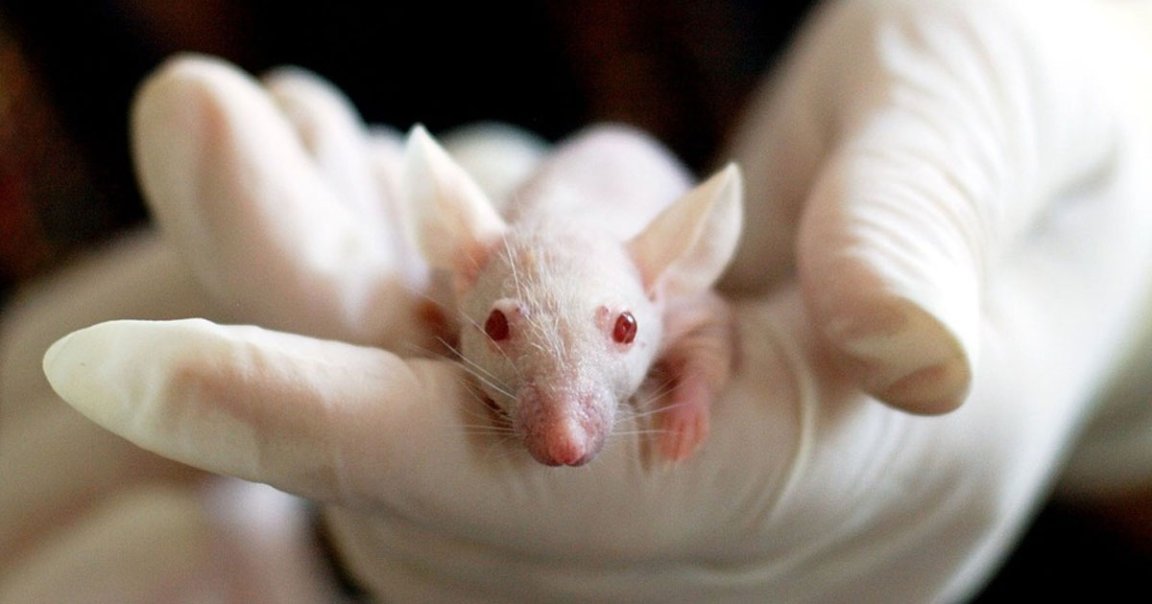
A team of researchers at the Spanish National Cancer Research Center have managed to extend the average lifespan of lab mice by more than 12 percent by cultivating embryonic cells in a special way, according to Science Alert — no genetic modification required.
They looked at a natural process that’s linked to aging: the strands of nucleotide sequences at the end of each chromosome, called telomeres, that act as a buffer to protect the genetic material inside the chromosomes. These telomeres tend get shorter over time as we age — so longevity researchers have long pondered whether increasing their length could help us live longer.
In this case, the Spanish researchers left stem cells in a petri dish to multiply on their own, giving them unusually long telomeres. Mice bred with chromosomes featuring the twice-as-long telomeres showed a “significant increase of 12.74 percent in median longevity,” according to the researchers’ paper, which was published last week by the journal Nature Communications.
They also found that the specially-bred mice showed no difference in cognitive function, retained the longer telomeres over time, and were 20 percent less likely to develop age-related tumors.
The experiment isn’t quite as revolutionary as it sounds — this kind of technique isn’t about to make humans live longer any time soon. But it could give scientists insight into the process of aging — and perhaps find ways to slow it down in the future.